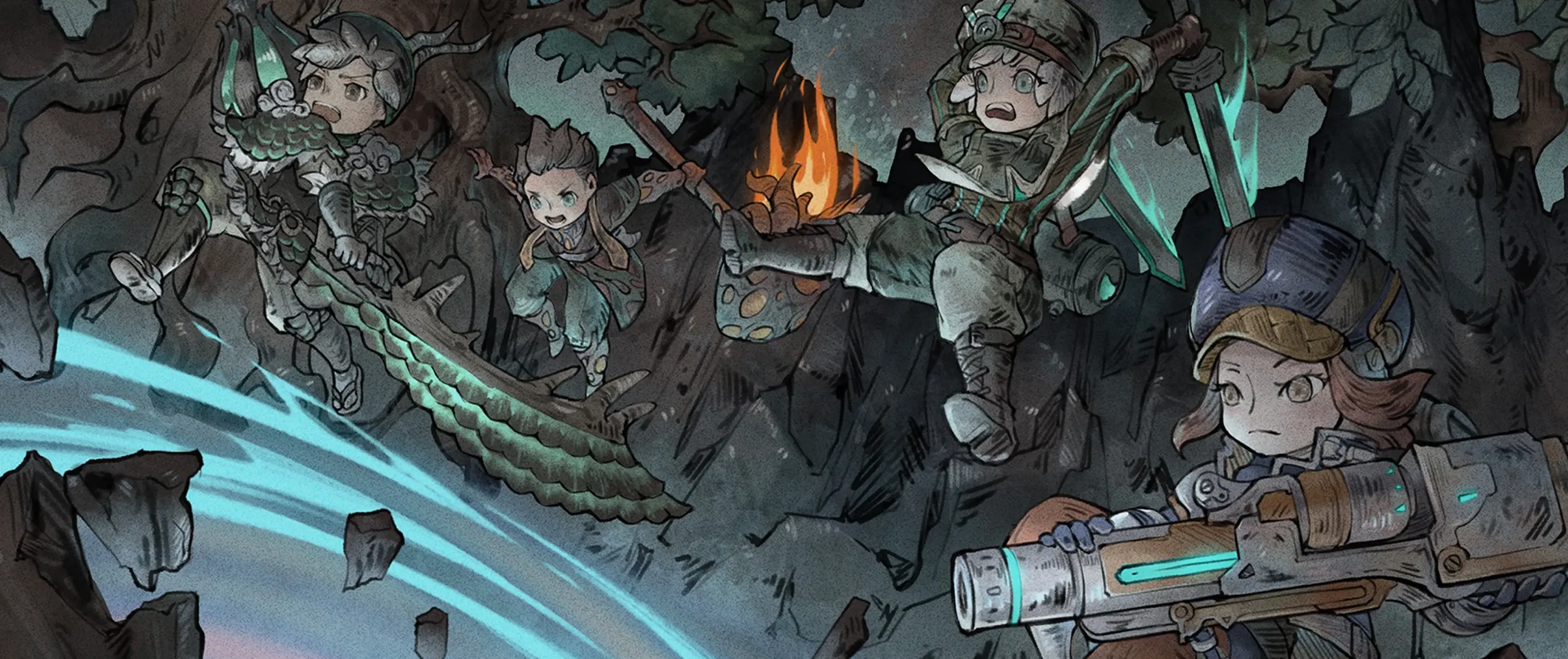The power of storytelling in game marketing cannot be overstated. Storytelling is a fundamental part of human communication, and it has the ability to connect with audiences on an emotional level, making it an essential tool for promoting and selling video games.
In this blog post we’ll look at how successful stories in gaming have succeeded due to their strong narrative-related tactics and discuss what marketers must do in order to leverage them properly. We’ll start off by exploring why successful stories are often so exciting, then move onto what audiences want from games today and finish up looking at how device choice impacts your story decisions. By developing an understanding of story elements and analysing trends within the industry, companies will be set on creating marketing materials that drive maximum engagement for years ahead!
Introducing the Power of Storytelling in Game Marketing
Introducing the power of storytelling in game marketing opens a captivating realm of possibilities. In the dynamic world of video games, where immersive experiences are at the forefront, narratives hold immense sway. Storytelling transcends mere promotion; it crafts emotional connections, setting the mood and atmosphere that define a game. Through meticulously crafted narratives, game marketers can evoke excitement, intrigue, and empathy, compelling players to not just engage but become immersed in the virtual worlds they promote. These tales serve as the foundation for building hype and anticipation, often beginning long before a game's release, leaving players eagerly awaiting their next digital adventure. Trailers and cinematics become canvases for storytelling, offering tantalising glimpses into the game's plot, characters, and universe, leaving an indelible mark on the audience. Character development becomes a crucial facet, making players feel deeply connected to virtual personas whose stories they long to explore. Whether expanding the game universe through extended lore or incorporating interactive marketing elements, storytelling in game marketing has the potential to transform an ordinary game into an extraordinary experience, enticing players to embark on unforgettable journeys.
How Games have Utilised Storytelling for Years
From classic board games to the latest video game releases, storytelling has been an essential element in the design of games for years. Games are more than just mindless fun; they're an immersive experience that captivates players, and storytelling is the vehicle that transports them to a fantasy world. By weaving a narrative into the gameplay, developers can add depth and meaning to the overall experience, creating a gaming experience that is more than mere entertainment. Stories can help players identify with characters and give them a reason to care about their journey, which ultimately results in a richer and more memorable experience. From simple games with minimal storylines to expansive RPGs bursting with lore, storytelling continues to be a crucial component in game design, and it's no surprise that the industry continues to innovate in this area.

The Benefits of Telling a Compelling Story in Game Marketing
Telling a compelling story in game marketing provides a multitude of advantages that can profoundly influence a game's success. One of the most significant benefits is the ability to forge an emotional connection with the audience. A well-crafted narrative can make potential players resonate deeply with the game's characters and world, fostering a sense of attachment and increasing the likelihood of a purchase. Moreover, compelling storytelling excels at engaging the audience, holding their attention through teaser trailers, social media snippets, or other promotional content. This engagement not only generates interest but also keeps it alive in the lead-up to the game's release. A compelling narrative can also set a game apart from the competition, making it memorable and more likely to stand out in the crowded gaming market. Finally, storytelling can transcend the game itself, potentially leading to fan-driven content, fan fiction, and other community-generated narratives, thereby extending the game's longevity and impact. In essence, the benefits of storytelling in game marketing are multifaceted, driving emotional connections, engagement, differentiation, and long-term community engagement.
Examples of Best Practices When Using Storytelling in Game Marketing
Storytelling has become an increasingly effective tool in marketing video games. To make the best use of this method, developers need to employ some best practices. Firstly, it's important to identify the target audience and tailor the story to their expectations and preferences. Secondly, a game’s narrative should be engaging and immersive, which can be achieved by adding depth to the story, characters, and the game world. Thirdly, a good story is not just about words, but about how it is delivered. By using various storytelling techniques such as cutscenes, dialogue, and strong visuals, a developer can deliver a memorable experience. Lastly, promoting a story-driven game through various channels such as social media, game websites, and trailers can also aid in marketing efforts. By incorporating these storytelling best practices, video game marketing can be highly successful, engaging, and memorable.
Tips for Maximising Engagement Through Storytelling in Your Game Marketing
To maximise engagement through storytelling in your game marketing, several key strategies can prove highly effective. Firstly, ensure your story is not only captivating but also relatable to your target audience, making them emotionally invested in your game's world and characters. Craft compelling teaser trailers and promotional materials that provide enticing glimpses into the narrative, leaving viewers eager to learn more. Create a consistent and immersive brand experience across various marketing channels, reinforcing the game's story and its core themes. Encourage player interaction by integrating interactive elements or user-generated content that lets your audience become part of the narrative. Leverage social media to tease updates, offer behind-the-scenes insights, and foster a sense of community among fans. Additionally, consider collaborating with influencers or content creators who can further amplify your storytelling efforts and engage their own dedicated audiences. Finally, remember that storytelling isn't limited to the pre-release phase; continue to weave narratives through post-launch updates and expansions to maintain player engagement and interest over time. By following these tips, you can harness the full potential of storytelling to create a lasting and enthusiastic connection with your gaming audience.

Closing Thoughts on The Power of Storytelling in Game Marketing
In closing, the power of storytelling in game marketing is a force to be reckoned with in the ever-evolving landscape of the gaming industry. It's not merely a promotional tool; it's the essence that can transform a game from a product into an experience. When a well-crafted narrative is woven into the marketing strategy, it has the potential to forge deep emotional connections with players, draw them into the game's universe, and keep them engaged over the long term. From building anticipation with compelling trailers to creating relatable characters and immersive worlds, storytelling has the ability to set a game apart, leaving a lasting impression. It's a tool for fostering community, sparking discussions, and extending a game's life beyond its initial release. In essence, storytelling isn't just a tactic—it's a bridge that connects the creators with their audience, enriching the gaming experience and ensuring that it resonates far beyond the screen. In the world of game marketing, storytelling is a timeless and invaluable asset.
In conclusion
Story-telling within game marketing is an essential tool for not just creating engaging content but a successful marketing campaign as well. Games have been utilising the power of stories to draw players in for years, and the trend hasn’t been slowing down anytime soon. Therefore, marketers should strive to weave stories into their campaigns whenever possible by understanding the benefits of storytelling, leveraging best practices when using storytelling in their marketing efforts, and maximising engagement with this powerful tool. With all of these key elements in place, marketers can capitalise on the power of storytelling to create more effective campaigns that will lead to more success.



